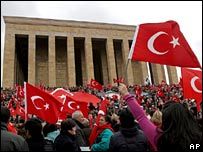
Turkey is gradually regaining the global attention it once enjoyed albeit for different reasons. The main international focus has been on Turkey’s EU entry talks which began in October 2005 on joining the European Union (EU). But the subtler and the less pronounced is the revival of Islam in Turkey despite nearly 90 years hostile secular Governments.
Although today Turkey seldom figures in Muslim or Islamic discourse, it was for five centuries the center of the Muslim world, until that fatal day, March 3rd, 1924, when Mustafa Kemal Pasha Ataturk abolished the Caliphate -office of the successors to prophet Muhammad, the supreme politico-religious office of Islam, and symbol of the Turkey sultan’s claim to world leadership of all Muslims—was abolished.
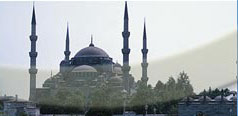
The hostility towards Islam began in early 1920s. A military commander, Mustafa Kemal Pasha led the Turkish War of Independence to form the Republic of Turkey as the successor state of the defunct Ottoman Empire. For this Mustafa Kemal became very popular and adored by all Turks. Thereafter he became the first President of the Republic of Turkey. The Turks venerated him so much he was given the name ‘Atatürk’, meaning Father of the Turks, (honorific name formally presented to him by the Turkish Grand Assembly in 1934.)
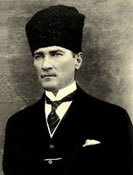
Then Atatürk carefully constructed and deployed a master plan, today known as the Kemalist ideology or Kemalism. Believing in this strategy Ataturk and his associates started to publicly question the value of religion and held the view religion was not compatible with modern science and secularism was imperative for modernity.
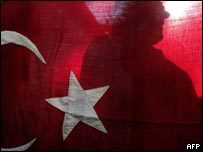
In addition Ataturk took over the country’s 70,000 mosques and restricted the building of new mosques. Muftis and imams (prayer leaders) were appointed and regulated by the government, and religious instructions were taken over by the Ministry of National Education. Mosques were to preach according to the Ataturk’s dictates and were used to spread the Kemalist ideology.
For Sufi Muslims it was worse. Atatürk confiscated Sufi lodges, monasteries, meeting places and outlawed their rituals and meetings.
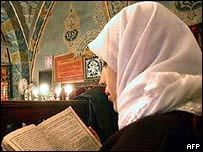
Atatürk and his colleagues even wanted to Turkify Islam. They ordered Muslims to use the Turkish word Tanri instead of Allah for God and use the Turkish language in Salaath (the 5 times prayers) and Azaan (the call for prayers). These preposterous changes deeply disturbed the faithful Muslims and caused widespread resentment, which led in 1933 to a return to the Arabic version of the call to prayer.
After some time the Atatürk regime moved towards more extreme measures. Ataturk prohibited religious education. The existing mosques were turned into museums or used for the regimes secular purposes.
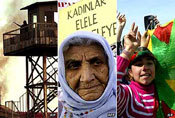
Mustafa Kemal Ataturk died in 1938. After that some of his preposterous laws were revoked by his successors due to their harshness and the fact that Islam was always a strong force at the popular level despite the suppression.
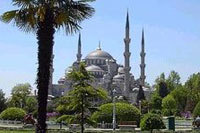
But the Turkish military and the state bureaucracy are infiltrated with (Kemalist) secularists and act as the guardians of Ataturk’s reforms and work to preserve Kemalism and weaken Islam. This situation has gradually led to a polarization of the Turkish society and today Turkey remains as someone observed a ‘torn society’.
